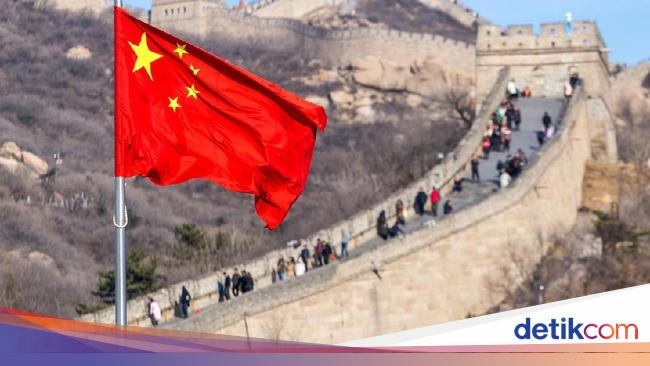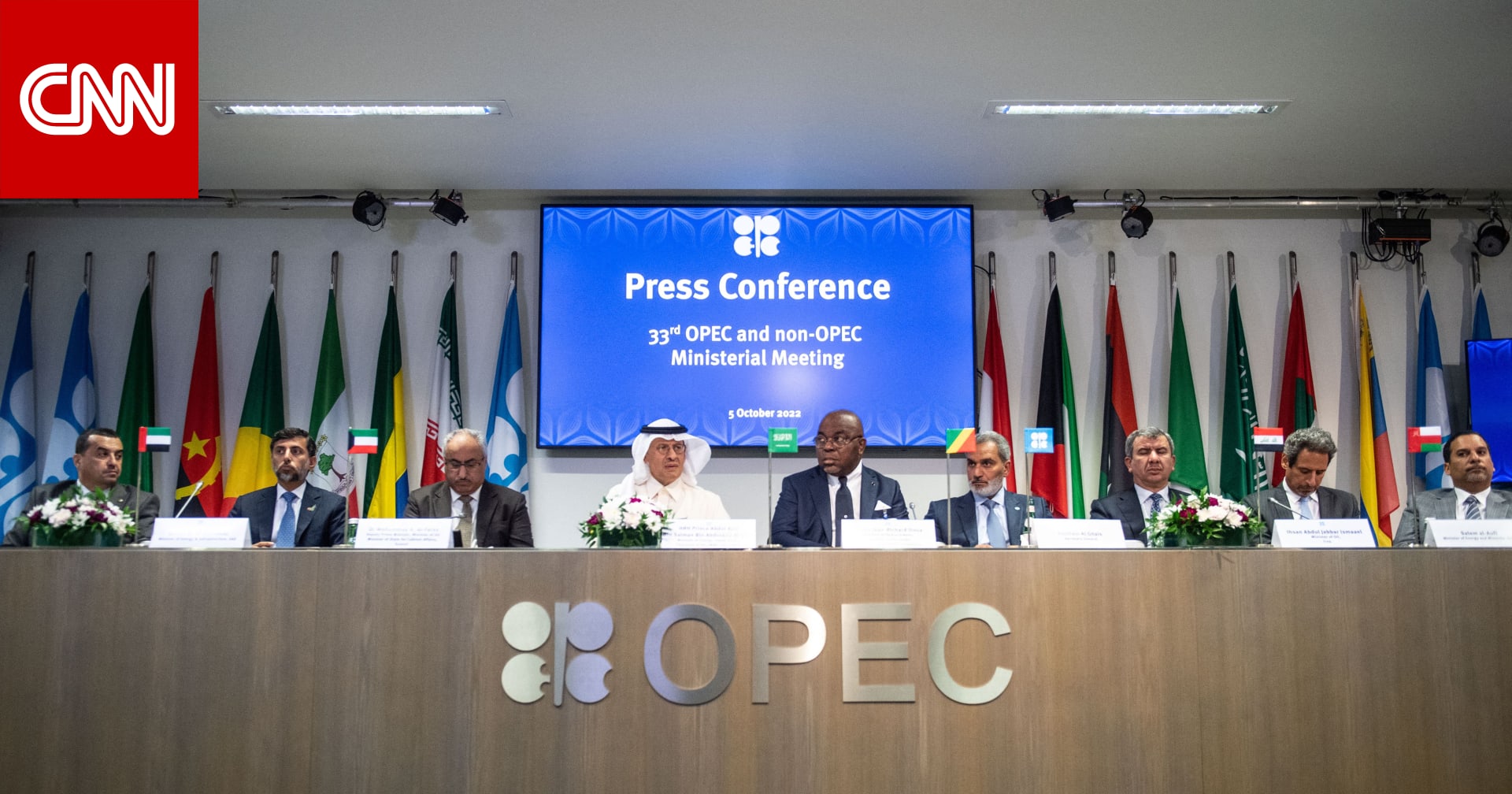2nd largest economy in the world, China, is on the verge of crisis. This condition is caused by many factors, ranging from the Covid-19 pandemic to global geopolitics.
On the other hand, Indonesia has a fairly close trade relationship with the bamboo curtain country. So, can this condition be passed on to RI?
The director of the Center of Economic and Law Studies CELIOS Bhima Yudhistira said contagion could happen, especially when it comes to the close trade relations between Indonesia and China.
ANNOUNCEMENT
Swipe to resume content
“Could the transmission line be faster,” Bhima told detikcom on Thursday (10/06/2022).
In contrast to the serious crisis that is also affecting the United Kingdom. According to him, Britain will not have too much influence on RI. Furthermore, after Brexit or Britain’s exit from the European Union, economic actors in Indonesia have reduced trade partner relations with the country.
“Since Brexit, many businessmen in Indonesia have perceived that Britain is one of the least attractive countries as a major trading partner. In addition, there is an energy crisis due to the war from Ukraine, long overdue and to the side. of Indonesia’s trade with the UK is relatively smaller, so the impact is much less than China, “he said.
China itself, continued Bhima, has a share of 30% as the origin of imports and 20% as the main export destination of products from Indonesia. Therefore, according to him, it is necessary to pay attention to the impact of the derivative economic recession that threatens the country.
It also highlighted the electric car factories in Indonesia China. The pressure on consumers’ purchasing power has the potential to reduce production, thereby reducing the purchase of raw materials treated with nickel from Indonesia.
“This could lead to a sharp drop in Indonesia’s export revenue, the trade surplus could turn into a trade deficit,” he said.
Then, the condition for RI’s finances continued with the weakening of the rupee exchange rate. According to Bhima, logically, investors would delay making their investment and switch to much safer assets, adapting to the situation in their home country.
Likewise with imports. He said, especially in the automotive assembly industry, electronics and construction projects that use a lot of raw materials from the bamboo curtain country.
“Domestic prices will increase further, while on the consumer side, of course, they are not ready, so what will happen is a drop in sales. The second option is for companies to keep prices but the quality of their products will be lowered”, He he said.
Therefore, interest rate increases are likely to occur again. Likewise with the weakening of the rupee exchange rate due to imported inflation or inflation driven by rising import costs. According to Bhima, Indonesia appears to be feeling symptoms of an economic recession from its major trading partner countries.
“It has been heard in the last week that there has been a significant fluctuation in the rupee exchange rate. On top of that, there has also been an aggressive increase in interest rates by the central bank. This is why inflation. it’s starting to feel. The latest figures are nearly 6%, which is the highest figure since 2014, “he said.
Continued on the next page
Watch videos”China’s vaccine regulatory system passes WHO assessment“
[Gambas:Video 20detik]


